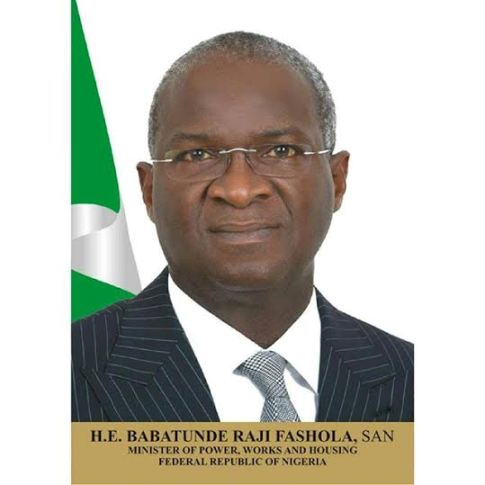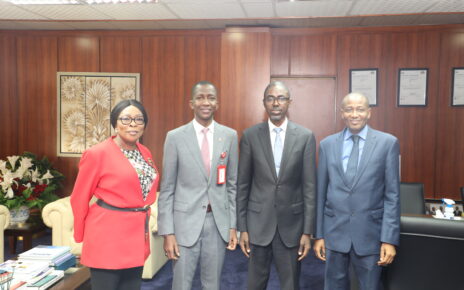The Federal Government today proposed to concession six hydro dams to private operators in furtherance of its efforts to boost power supply to rural dwellers and vulnerable members of the society.
Under the proposed arrangement, the private investors will build, operate and transfer the hydro dams on terms to be agreed with the government.
The Minister of Power Works and Housing, Babatunde Fashola , who made this disclosure at the 29th Power Sector Stakeholders’ meeting in Minna, Niger State, explained that the initiative aligned with the government’s rural electrification plan approved in 2016.
According to him, to kick start the implementation of the plan, government proposed to use six hydro dams that had been abandoned for several years , federal universities and some markets as anchor.
He said: “We proposed to use 6 (six) small hydro dams that had been abandoned for decades, Federal Government owned universities and some markets as anchors. The 6 (six) hydro dams are to be concessioned to private operators to build, operate, and transfer.”
Fashola explained further his ministry had directed the Distribution Companies (DisCos) to work out and implement competition transfer charges in accordance with the law, to safeguard their losses.
This is just as he assured that government would continue to monitor the impact of the policy and remain flexible for modifications where necessary, urging stakeholders to be open-minded, adaptive and responsive as the power sector reform implementation continues.
Specifically, the minister charged the Discos to be interested to know that the ministry has also issued directives to NERC to work out and implement Competition Transition Charges as provided by Law, to safeguard them from any losses.
Identifying the distribution component of the power sector value chain as the most challenging, the minister explained that the ministry had introduced the Meter Asset Provider (MAP) policy to address the meter supply gap, relieve the Discos of the financial burden of meters and encourage investors to take up this as a business and diversify the sources of meter supply.
Fashola, who also recalled that the Regulations and Condition for its operation were issued by NERC last March, pointed out that reports reaching him indicated that there was an embracement of the policy with entrepreneurs showing interest in the investment aspect of the project.
He said: “Some DISCOs have signed up to the Government-Supported fund of N37 billion and we will keep an eye on the progress of the initiative.
Government intervention in this regard is part of its role of enabling to be effective. It does not relieve the DISCOs of their contractual obligation to provide meters. On the contrary it seeks to help them perform their contract”, the minister added.
He pointed out that consequent upon the N701 billion Payment Assurance Guarantee intervention for the power generation companies (GenCos), they have been able to enhance their recovery from the 20 percent it used to be to 80 percent now even as their desire is to hit the 100 percent recovery mark.
In addition to the improved recovery capacity by the Gencos, the minister also noted that as a result of the implementation of the payment, their power supply had improved from 4,000 megawatts (MW) to 7,000MW currently.
Fashola also urged the GenCos to transparently invoice for their output, stressing that there must be harmonization of the price of gas for payment under the scheme in case of different prices from various gas suppliers.
The minister said that “But this is only one side of the coin. The other side of the coin is that GENCOs must transparently invoice for their output and, for example, we must harmonise the price of gas for payment under the scheme, where there are differential prices arising from different Gas suppliers.”
Fashola said that with government policy implementation, there are ongoing projects of 37,000 shops in Ariaria, about 13,000 in Sabon Gari, and about 1,000 in Sura represent SMEs, where the majority of our people earn a living.




